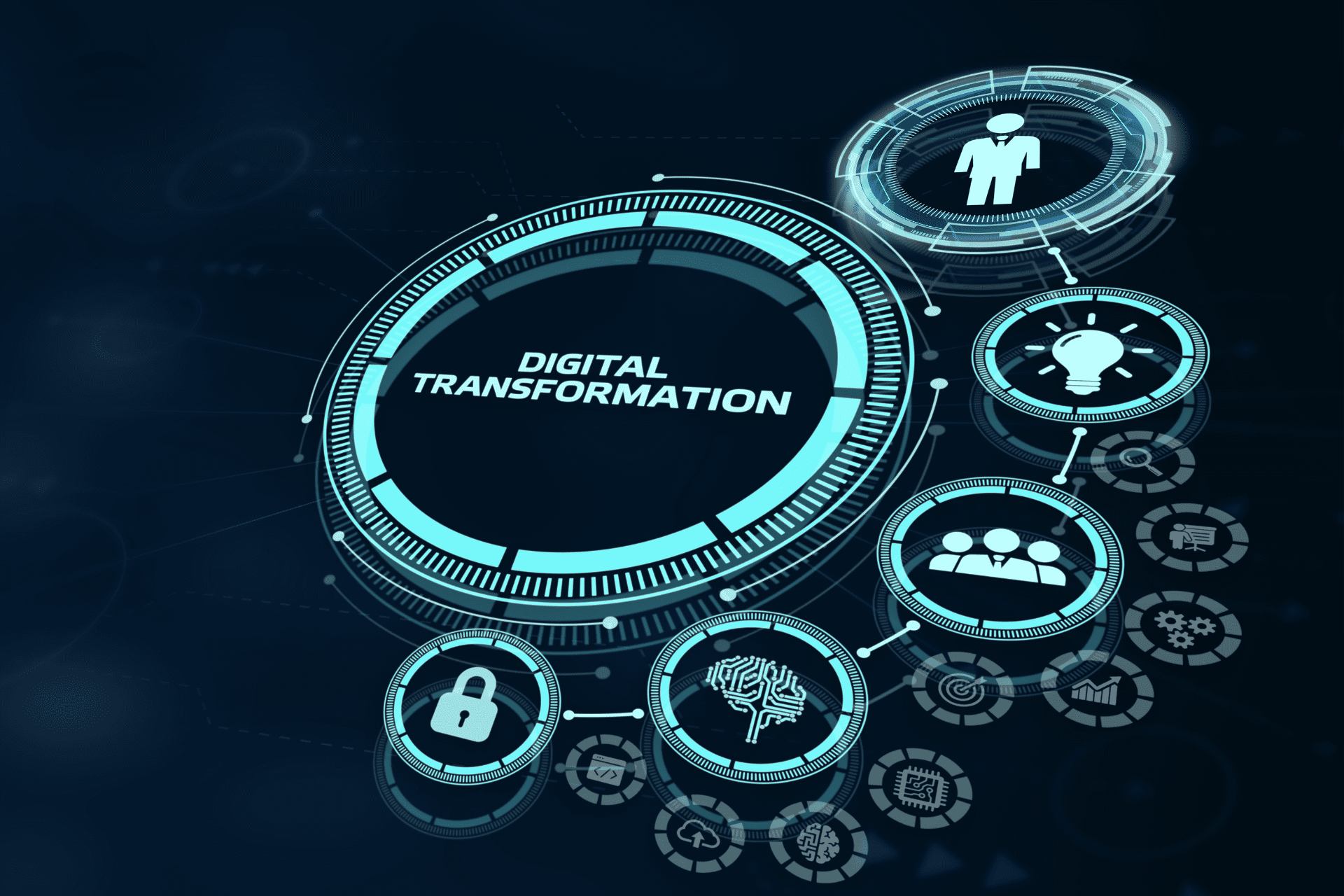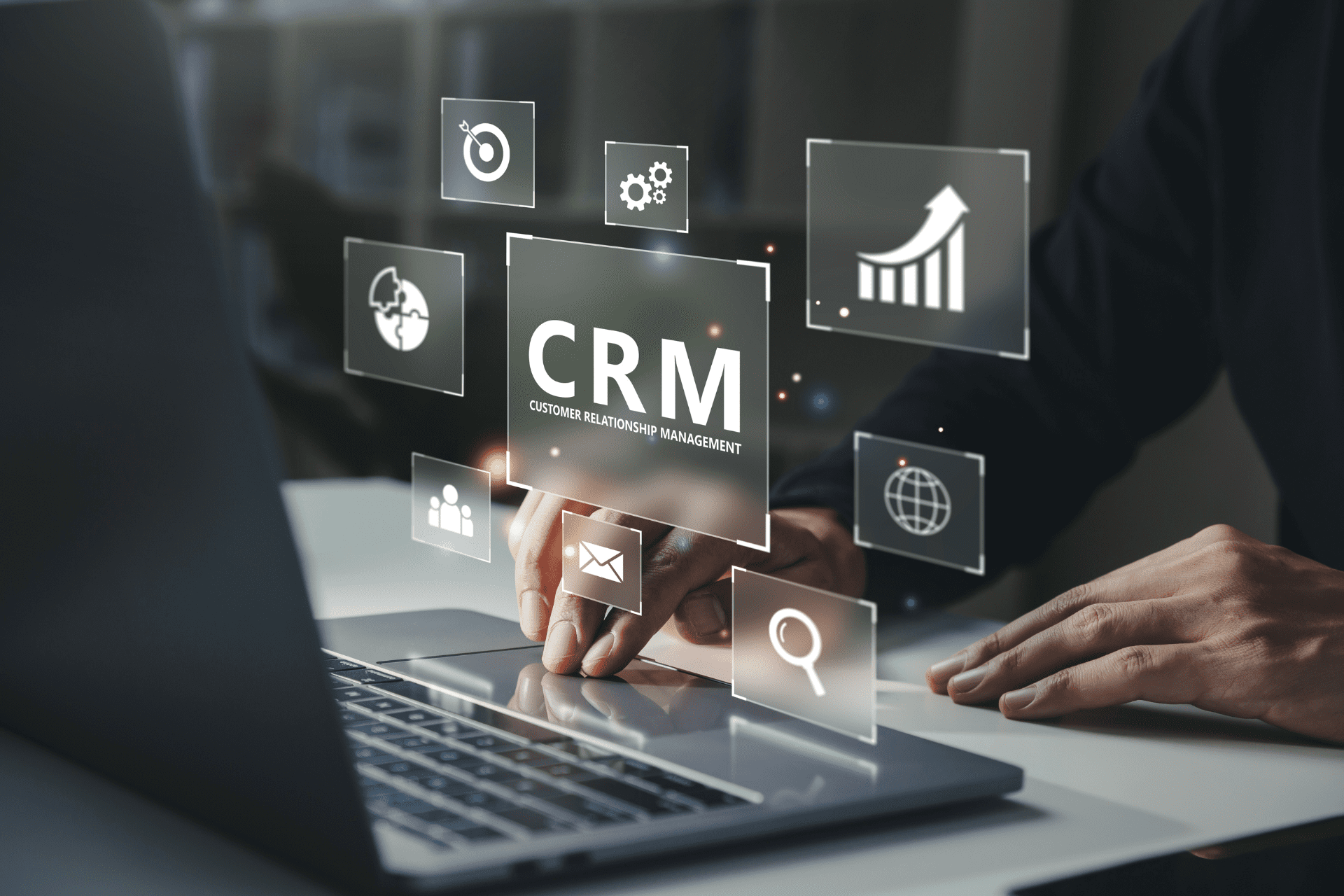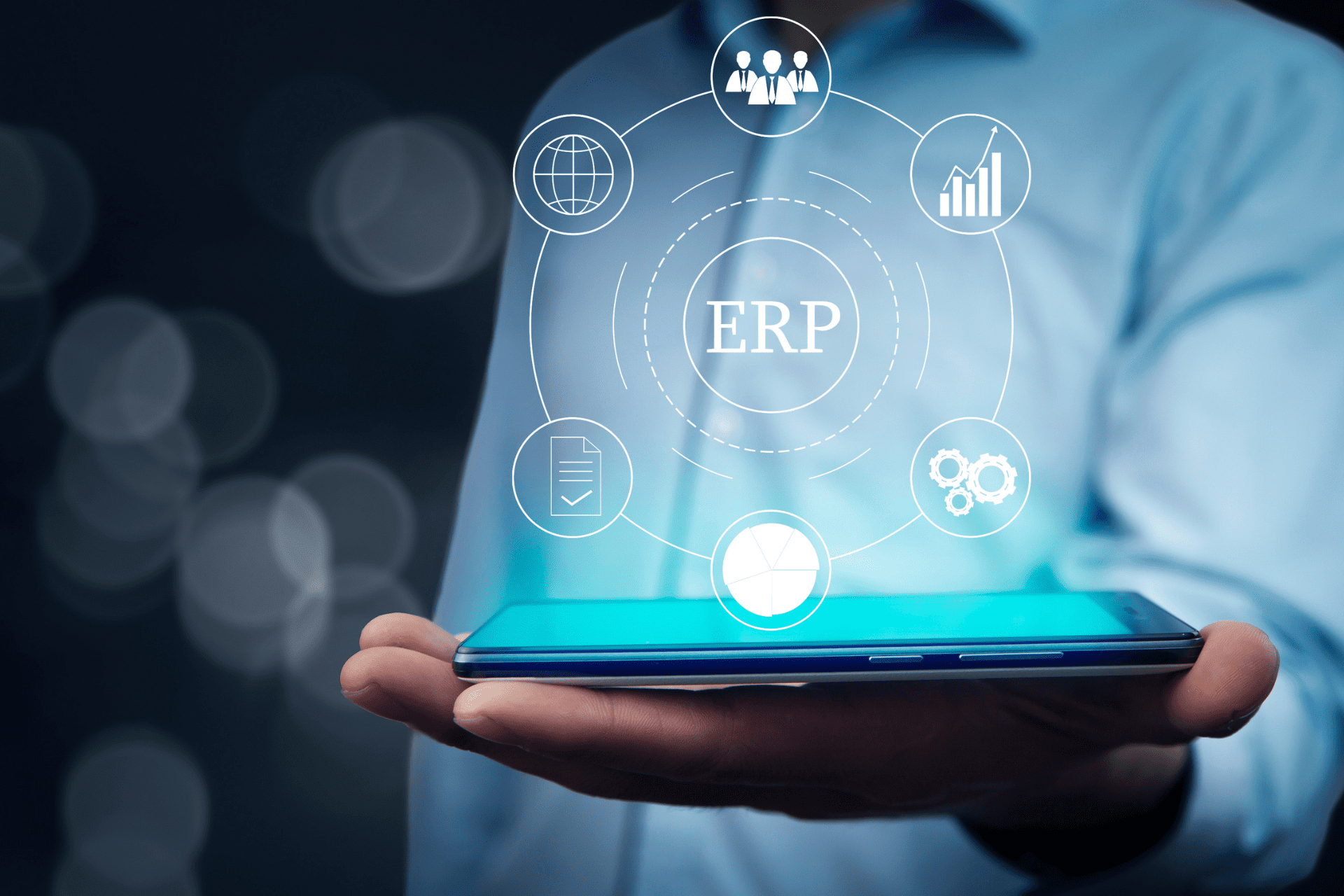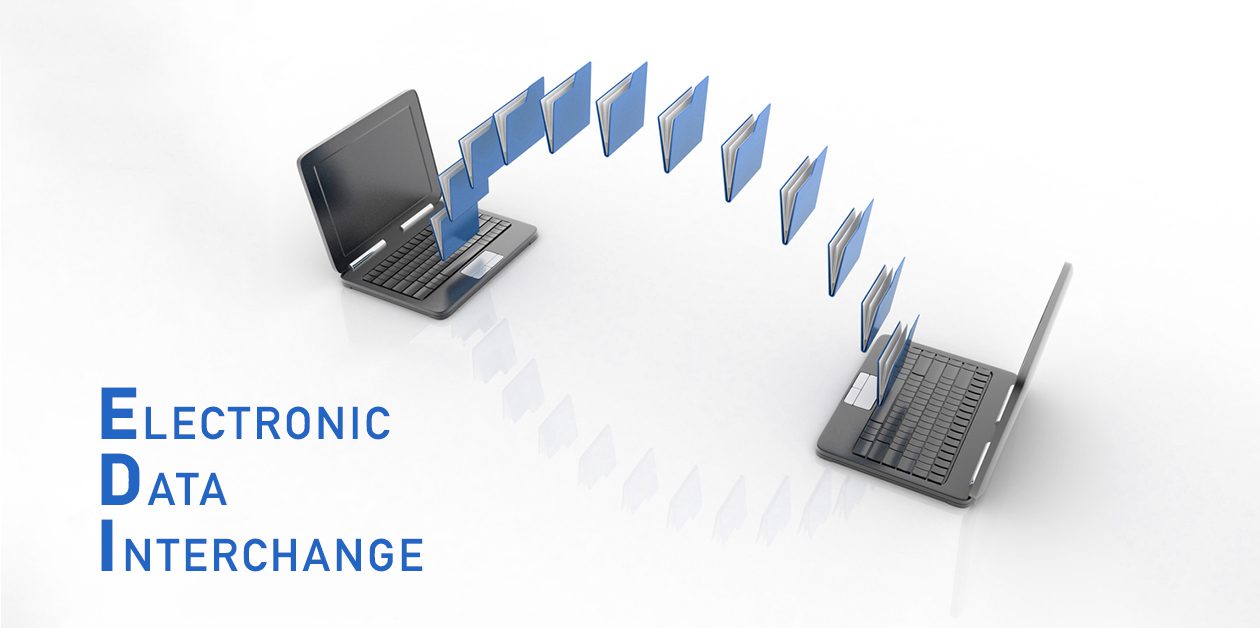Share
Read also

Trends & Views
Digital transformation strategies

Business Software
CRM 2025 market: Response to increasing customer demands

Business Software
Understanding the ERP lifecycle management

Mobility
How is EM shaping the way SMBs operate?
The beginning of the new year finds, no doubt, many business leaders seriously considering to implement a new ERP system, or upgrade their existing one. If your ERP system is not up to date with all the latest technological innovations –cloud, mobile and/or AI features-, it may be time to move on to a new one that will be better designed to meet the challenges of the 21st century. Read below to find out why.
Complete operational overview
Customers wanting to modify their orders is not a rare thing, and given that you can’t easily refuse such requests, you may need to think out of the box and discover ways that will allow you to make the necessary changes while still meeting the agreed deadlines. With an ERP system, you can easily accommodate the changes your customers require, since you have a 360o visibility of your business operations (sales, customer service, planning, accounting, production, distribution, HR). Everything is integrated and valuable company data is available on all levels, while all departments are automatically notified whenever there are changes in schedules or products.
Improved customer service with CRM
ERP systems usually include CRM functionality, and this is extremely important since it allows businesses that wish to remain competitive, to engage with their “returning” customers. For example, with improved access to customer data and history, sales and customer service can communicate with their customers even better and improve existing relationships.
Easy reporting
With ERP, the reporting process becomes easier and customizable. Thanks to your improved system features, your company will be able to better respond to complicated data requirements, and users will be able to run their own reports, without relying on help from IT, and thus have more time to spend on more productive tasks and important projects.
Precise information, better decisions
The systematic and streamlined flow of business data and information in all business departments, is another direct advantage of an ERP implementation. Having real-time access to updated and accurate data and information, entails better decisions.
Improved productivity
Having invested in ERP solutions, an important number of businesses enjoy impressively enhanced efficiency and productivity. An ERP system can help you eliminate redundant businesses processes and manual tasks, and therefore improve your overall productivity and save valuable time, enabling both decision makers and employees to focus on essential, profit-generating processes.







